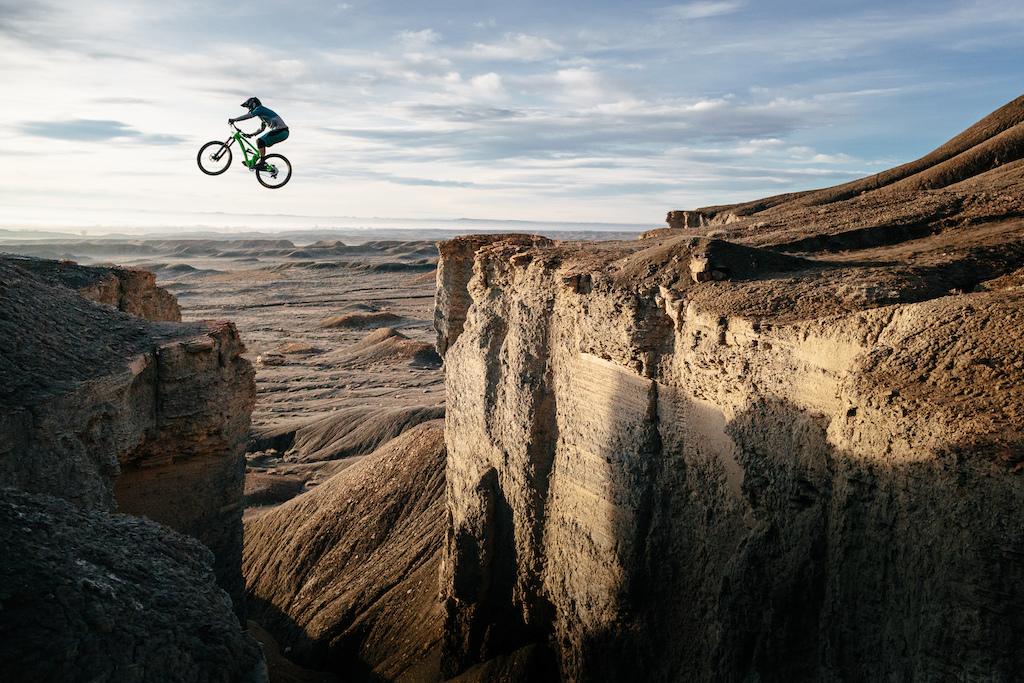Cool. Mountain biking is a fun way to stay in shape.
There are lots of great brands out there. It's kind of like a ford/chevy/dodge/toyota debate. Everyone has their favorites, only bike aficionados aren't as brand-loyal as truck owners, since the only part that belongs to a brand is the frame. Everything else can be replaced and is built by another company. So even if I buy a giant, it's not going to have giant forks, pedals, cranks, shifters, etc. So the only thing different between bike companies is the frame and price point. That being said, it's important to buy a frame you love. Personally, I stay away from bikes from the following companies: fezarri, raleigh, fuji and I can recommend most bikes from: trek, specialized, santa cruz, rocky mountain, giant, gt, yeti
Here are my recommendations:
- Buy used. A bike that sold for $5k 2 years ago is now going for $2k used, and it's far better than any brand new $2k bike you'll find.I'd recommend a bike from 2012 or newer.
- you'll want a size L or XL, depending on the bike. Probably leaning towards an XL
- wheel size doesn't matter as much as people think it does. You might like 29" wheels, or you might like 26" wheels. you'll still pay a premium for 27.5" wheels right now. 26 and 29" wheels aren't cool anymore, so you can get them pretty cheap.
I think 29" wheels tend to be great for tall guys unless you're jumping and riding big hairy stuff. 29" wheels aren't as strong as 26" wheels, so it's going to be harder to find a 29er that can handle rowdy riding.
Here are the terms the bike industry likes to throw around, ranging from lightest/longest distance rides to more aggressive, downhill stuff.
cross country - trail - all mountain - enduro - downhill/freeride
You're looking for an all-mountain or possible enduro bike. These terms are loose terms, and everyone uses them differently. Here are some generalizations to help you understand the typical attitudes around these genres. These are gross overgeneralizations, but it'll give you an idea.
cross country - lycra-wearing bikers who live for the climb even more than the descent. 40 mile off-road rides are not uncommon. Lightweight is most important here, and you'll give up some comfort and playfullness for an all-out race bike. This is the type of mountain biking most road bikers like.
trail - a little less serious than cross country. Bikes are a little more playful, but still focus on lightweight and ability to climb
all mountain - the swiss army knife. This is where most bikes land. Not super light, not super heavy. Decent at climbing, decent at descending
enduro - this genre is based off a race series where riders are timed on the downhill sections of trails. But they still have to climb to get to the top (though not under the clock). Typically these bikes are meant for descending, jumping, and rowdy stuff, but are designed to be decent enough to climb uphill when needed (though they aren't generally the best climbers)
downhill/freeride - think RedBull Rampage. Chucking off cliffs. Zero ability to pedal uphill. These are more like motorcycles without motors. If you see triple-clamp forks on a bike, it almost always fits into this category.

